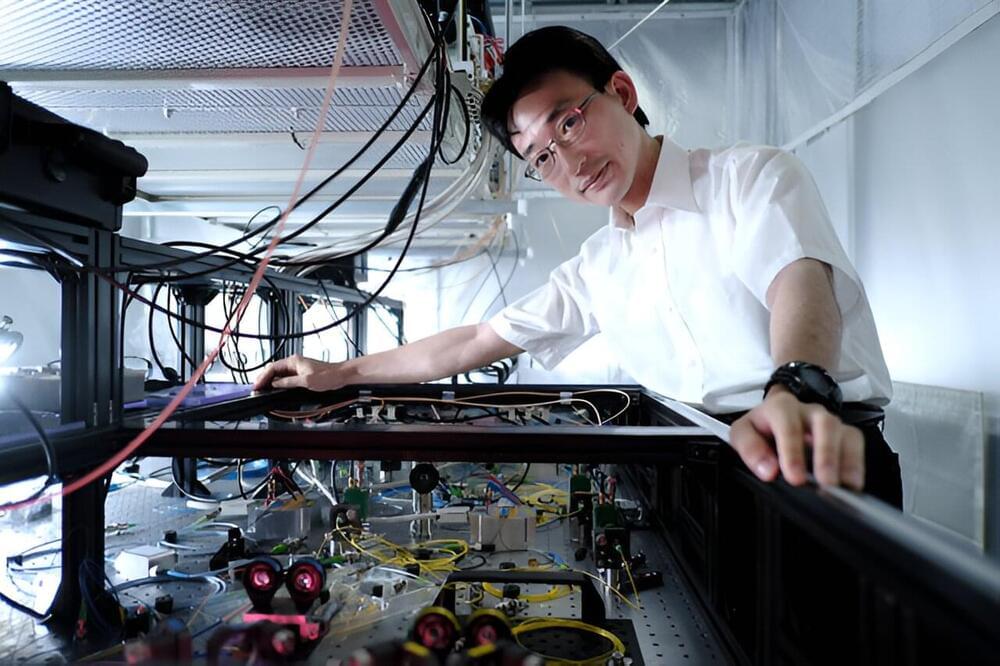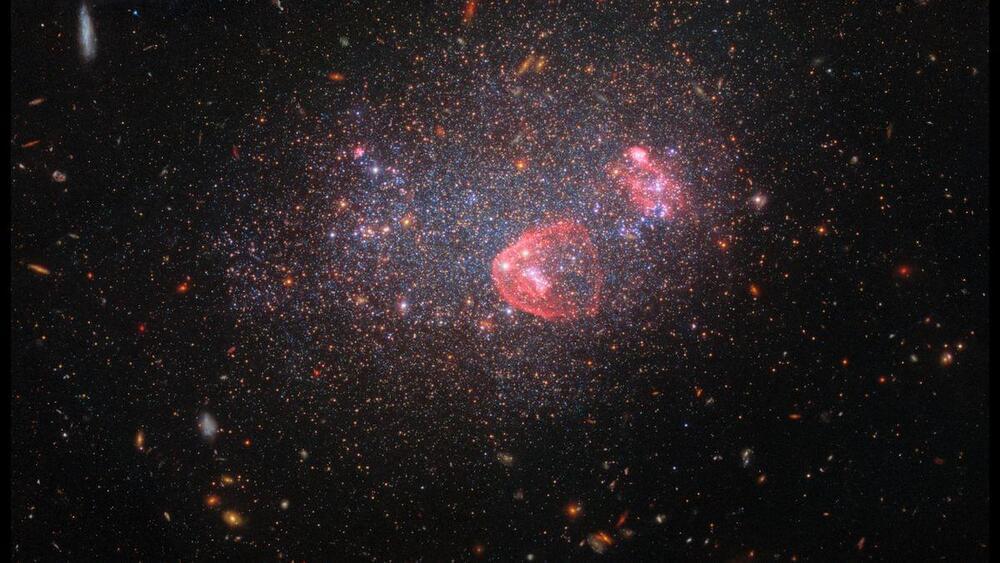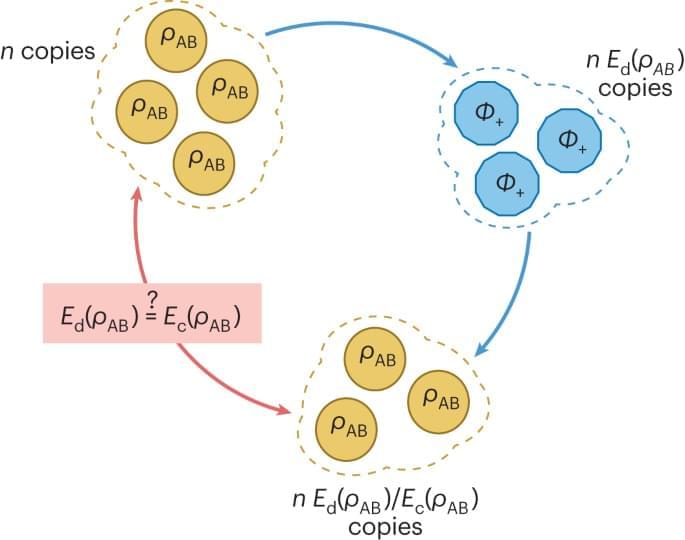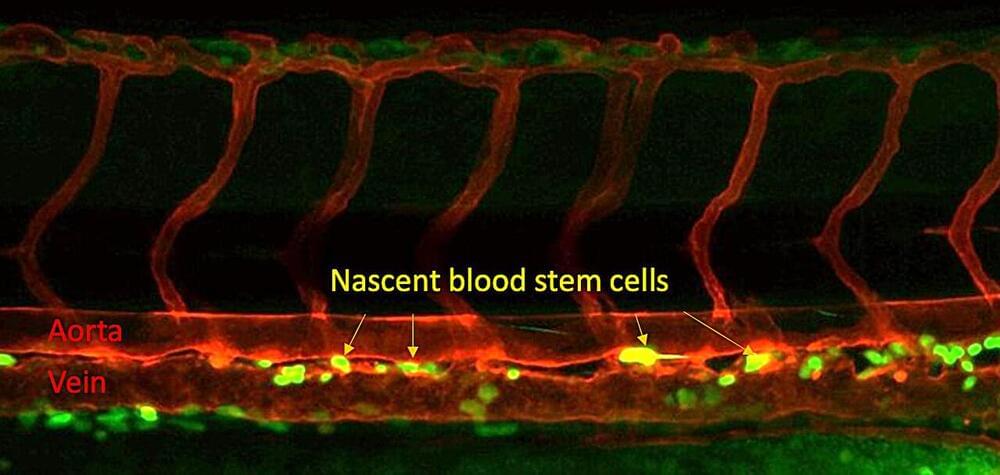SpaceX does a Static Fire test with Starship 28! How did it go? Booster 10 is ready as well. What did SpaceX achieve in 2023? #SpaceX #starship #elonmusk #starbase
Get the latest international news and world events from around the world.
Elon Musk’s Explosive Insights on Media, X Platform, AI, and Cryptocurrency
Elon Musk discusses various topics including the declining legacy media market, the success of X platform, the importance of free speech and accurate information propagation, the challenges of public companies, the future of AI, the impact of cryptocurrency, and the potential of autonomous vehicles.
Questions to inspire discussion.
What does Elon Musk discuss about the declining legacy media market?
—Elon Musk discusses the lack of understanding from mainstream media about the big stories and accomplishments of SpaceX and Tesla, as well as the success of X platform.

CATL’s CIIC skateboard chassis drives without body installed. Huawei might be the first customer
CATL’s CIIC chassis has 1,000 km range and 10.5 kWh/100km energy consumption. To start manufacturing in Q3 2024.

Research argues that Occam’s razor is an ‘essential factor that distinguishes science from superstition’
Occam’s razor—the principle that when faced with competing explanations, we should choose the simplest that fits the facts—is not just a tool of science. Occam’s razor is science, insists a renowned molecular geneticist from the University of Surrey.
In a paper published in the Annals of the New York Academy of Sciences, Professor Johnjoe McFadden argues Occam’s razor—attributed to the Surrey-born Franciscan friar William of Occam (1285–1347)—is the only feature that differentiates science from superstition, pseudoscience or fake news.
Professor McFadden said, “What is science? The rise of issues such as vaccine hesitancy, climate skepticism, alternative medicine, and mysticism reveals significant levels of distrust or misunderstanding of science among the general public. The ongoing COVID inquiry also highlights how scientific ignorance extends into the heart of government. Part of the problem is that most people, even most scientists, have no clear idea of what science is actually about.”


What can my homemade quantum computer do?
This video was supported by Screen Australia and Google through the Skip Ahead initiative. Part 1 is here: https://youtu.be/muoIG732fQA?si=_vFy9siMqkOdO1xVf y…


Researchers discover crucial step in creating blood stem cells
A microbial sensor that helps identify and fight bacterial infections also plays a key role in the development of blood stem cells, providing a valuable new insight in the effort to create patient-derived blood stem cells that could eliminate the need for bone marrow transplants.
The discovery by a research team led by Raquel Espin Palazon, an assistant professor of genetics, development and cell biology at Iowa State University, is published in Nature Communications. It builds on prior work by Espin Palazon showing that the inflammatory signals that prompt a body’s immune response have an entirely different role in the earliest stages of life, as vascular systems and blood are forming in embryos.
Espin Palazon said knowing that embryos activate the microbial sensor, a protein known as Nod1, to force vascular endothelial cells to become blood stem cells could help develop a method to make blood stem cells in a lab from a patient’s own blood.